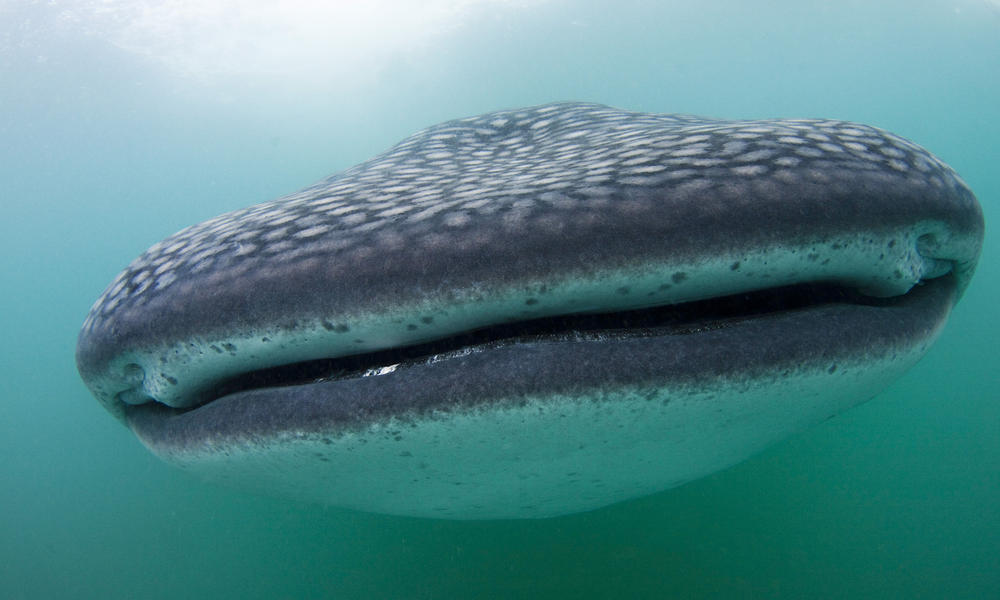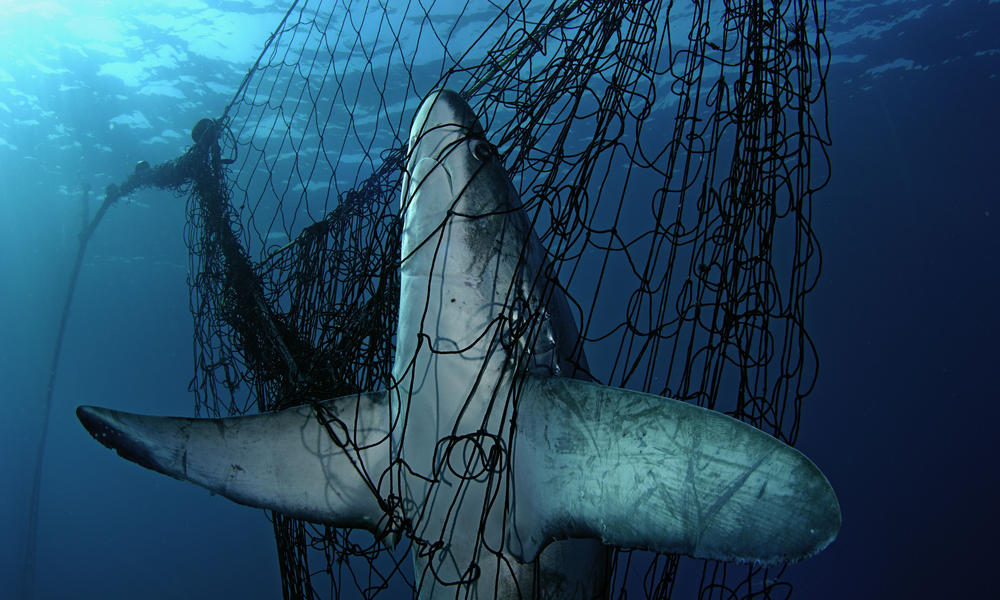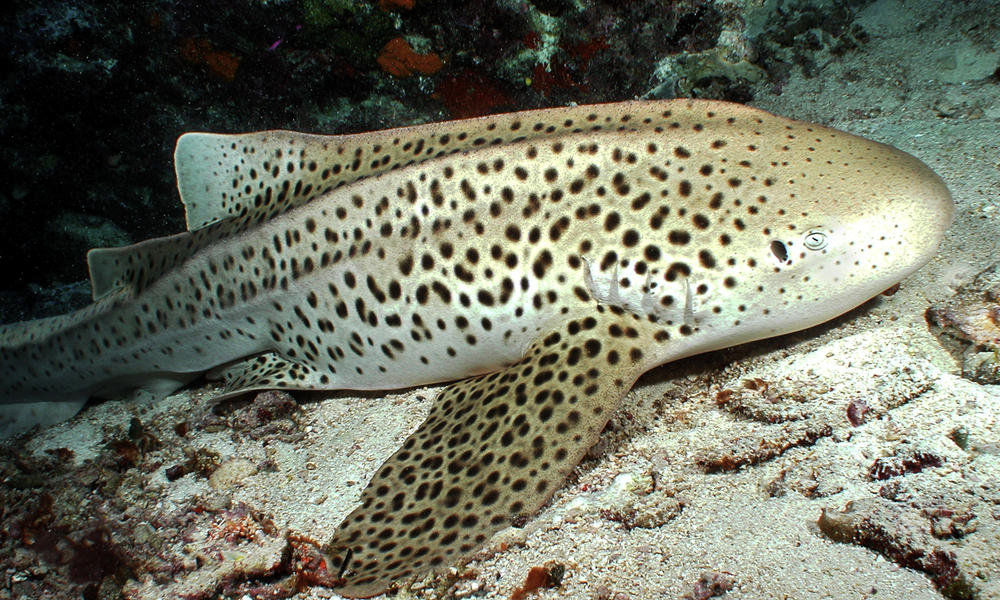Shark Facts vs. Shark Myths
WWF dispels common myths about these important marine species

Let’s face it—sharks have a bad rap. Thanks to sensationalized
stories and stereotyping, sharks have become feared rather than revered.
They’re labeled as dangerous, indiscriminate killers that eat anything
in sight. But in fact, sharks are most often the victims. They’re killed
by the millions annually to supply demand for their fins, which are
made into soup and eaten as a status symbol. Such demand for fins has
led to overfishing and illegal fishing, depleting shark populations
worldwide.
Sharks are a critical part of the marine environment and must be protected. WWF and TRAFFIC are working to address the trade in shark fins and meat, striving for better fishing regulations to protect shark populations and also reduce market demand. We advocate for better trade protections at international meetings (such as the Convention on International Trade in Endangered Species (CITES)), and our efforts have paid off. In 2013, some of the most threatened sharks and rays received the attention they deserved and governments will now take steps to ensure they are sustainably caught and traded legally.
However, our work continues as many other shark species still remain unprotected and heavily exploited. Here we address and dispel some of the most common shark myths and deliver the shark facts. Take a look and learn a bit more about these fascinating fish.
Sharks are a critical part of the marine environment and must be protected. WWF and TRAFFIC are working to address the trade in shark fins and meat, striving for better fishing regulations to protect shark populations and also reduce market demand. We advocate for better trade protections at international meetings (such as the Convention on International Trade in Endangered Species (CITES)), and our efforts have paid off. In 2013, some of the most threatened sharks and rays received the attention they deserved and governments will now take steps to ensure they are sustainably caught and traded legally.
However, our work continues as many other shark species still remain unprotected and heavily exploited. Here we address and dispel some of the most common shark myths and deliver the shark facts. Take a look and learn a bit more about these fascinating fish.
-

Shark Myth #1: Sharks are all man-eaters
Humans are not food for sharks. The sharks involved in incidents with humans are often hunting for similar-sized prey to humans, such as seals or dolphins. The majority of shark species actually eat fish or invertebrates, such as squid or clams. There’s a diversity of feeding behaviors: large filter feeders, such as the whale shark, strain plankton through modified gills, while bottom-dwelling suction feeders, such as the nurse shark, appear to “inhale” food into their mouths.




No comments:
Post a Comment